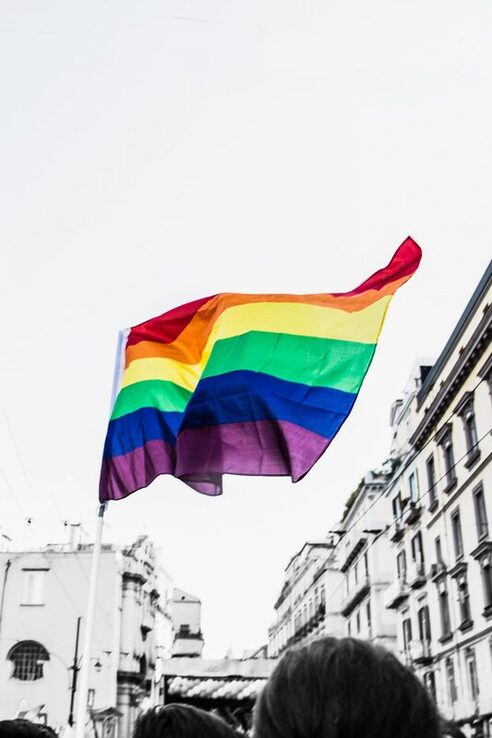|
By Dr. Joti Samra, CEO & Founder of the Psychological Health & Safety (PH&S) Clinic and MyWorkplaceHealth Supporting LGBTQ+ People in the Workplace
LGBTQ+ individuals experience discrimination and harassment in the workplace. This directly and negatively impacts LGBTQ+ individuals’ mental health. So, when talking about workplace mental health, we need to pay special attention to groups, like the LGBTQ+ community, to actively work against this treatment to create psychologically safe spaces for all individuals. Facts About LGBTQ+ Workers The LGBTQ+ community has higher rates of unemployment, with rates spiking even higher for trans and nonbinary people. But unemployment is not the only issue. A U.K. report, one of the first of its kind, found that 7 in 10 LGBTQ+ people have been sexually harassed at work and two-thirds did not report it to their employer. The Williams Institute on Sexual Orientation Law and Public Policy found 15% to 43% of gay and transgender workers faced some sort of workplace discrimination in the U.S.. Though it is important to note that the experience of discrimination and harassment is not consistent across the queer community:
Many organizations have come to understand the experiences that LGBTQ+ individuals face in the workplace and have created specific policies to be more inclusive. Some of these include; healthcare coverage for same-sex spouses, protocols for gender transition, and paid parental leave for same-sex couples and adoptive parents. Inclusive Workspaces – Supporting LGBTQ+ People in the WorkplaceThough creating inclusive workplace policies is a great first step, it’s just that – a first step. Workplace policies are not enough on their own to create safe and inclusive workplace environments and culture. So, what can companies and colleagues do to create a safe and inviting workplace for members of the LGBTQ+ community?
Supporting LGBTQ+ Co-workers Oftentimes when we find out a co-worker is part of the LGBTQ+ community, we want to show our support but don’t know the best way to do so. What are some (potentially well-meaning) things that shouldn’t be done in the workplace when it comes to LGBTQ+ co-workers?
As we learn about the queer community and the diversity of people within the community, it’s natural to want to know more. The number of recognized identities is growing and it can seem intimidating and complicated to those who are not part of the LGBTQ+ community. It’s a great thing to be eager and willing to learn, and education is an important part of creating a more safe and inclusive environment for everyone. You might know someone who identifies within the LGBTQ+ community and figure they’re the best person to ask those burning questions. They might be, but they also may not. So, let’s talk about asking questions as this in an important part of supporting LGBTQ+ people in the workplace. What To Consider Before Asking Questions Before asking questions consider a few things:
Get Consent First It’s important to not only be cautious of who you’re asking, but also the questions you ask. It’s equally as important to ask for consent before asking a question. Asking for consent can be as simple as “can I ask you a question about X?” and waiting for an answer. It’s also important to be prepared to hear and respect the answer ‘no’. Questions Not to ask your LGBTQ+ Co-workers Here is a list of things to consider, as well as explanations as to why questions can be challenging to receive for those in the LGBTQ+ community.
Final Thoughts Supporting LGBTQ+ people in the workplace doesn’t have to be challenging. Start with good intentions on fostering an inclusive space, educate yourself on the LGBTQ+ community and the issues they face in the workplace, and do want you can to create that safe space. Ensure policies are updated and followed, lead by example and train and workers within your organization. If you’re motivated to learn more about the LGBTQ+ community consider checking out sites like TheSafeZoneProject for terminology, PFLAG a website for families and friends of LGBTQ+ people, or GLAAD, an organization devoted to shaping conversations about LGBTQ+ folks. Comments are closed.
|
PH&S ClinicEnhancing psychological health, wellness and resilience Archives
July 2024
Mental Health
All
|


 RSS Feed
RSS Feed

